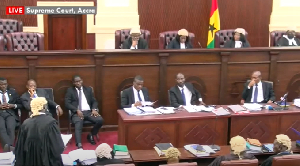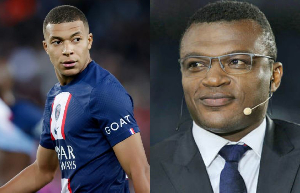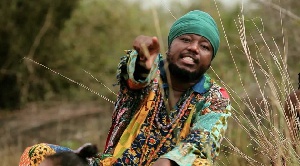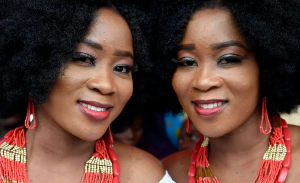Opinions of Saturday, 7 July 2007
Columnist: Boateng, Harold
Conflict in NUGS?
The recent publication by a cross section of the media on an allegation leveled against the NUGS President, Mr. William Yamoah, and some officers of NUGS by the Press & Information Secretary, Mr. Abdulai Abdul-Rahman, was met with much consternation and amazement amongst some students in the country. It continues to baffle the minds of most members of the public whether these happenings were a calculated attempt to paralyze the front of the largest student group in Ghana. Some members of the public have questioned about the existence of conflict in an intellectual group like that of NUGS.
The underlying fact is that conflicts are necessities and hence permissible in all serious societies. It is the very essence and an irremovable aspect of social living. A good society is NOT conflict-free.
Georg Simmel, a Sociologist in the early 20th century, has noted that sociation involves harmony and conflict, attraction and repulsion. Simmel could not conceive of a golden society free from tensions and clashes; in fact a conflict-free society is impossible. A purely positive, harmonious society according to Simmel (1914) is empirically beyond belief. Such a group would be incapable of change and development. Every social life consists of conflicts and consensus which are natural and inevitable. Disagreements are part of positive conflicts. No wonder we disagree to agree and vice-versa. Conflicts function amongst others to bring into the open negative feelings, which if suppressed, might continue to build and contribute to greater social disruption. The forces of conflicts should not be viewed as evil but positive.
Rather, the management of conflict makes it either constructive or destructive. Abraham & Morgan (2004) stressed that on best way to resolve conflicts is the in troduction of a third party from the larger group. The third party acts as a non-partisan mediator helping through with an impartial moderation of passions that threatens to tear the group apart. The objectiveness of the mediator helps to reconcile the differences. In parliamentary setting and for that matter the practice of democracy, conflicts are seen as positive signs to enhance development. Both majority and minority benches may not agree on a policy by government but the Speaker elected by the house is expected to impartially mediate and direct affairs when there are conflicting views. This encourages development in the country.
In the case of NUGS, the framers of our constitution have made room for respectable structures within the union to resolve such conflicts when they arise. Structures like the National Executive Committee, Central Committee and Congress are there to reconcile the differences. The issue of bringing it to the public domain by granting interviews without exhausting the mediatory structure is a non-starter. The ramifications of going public without respecting the structures we have put in place as













